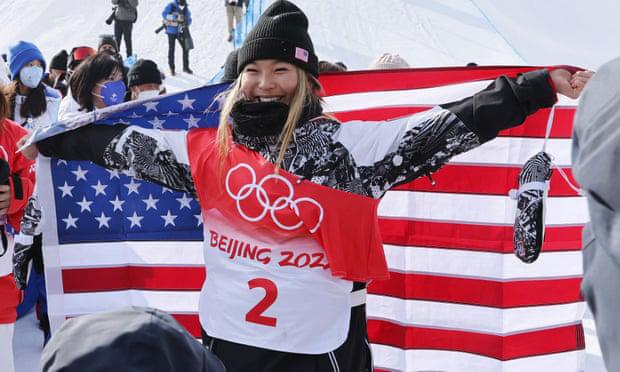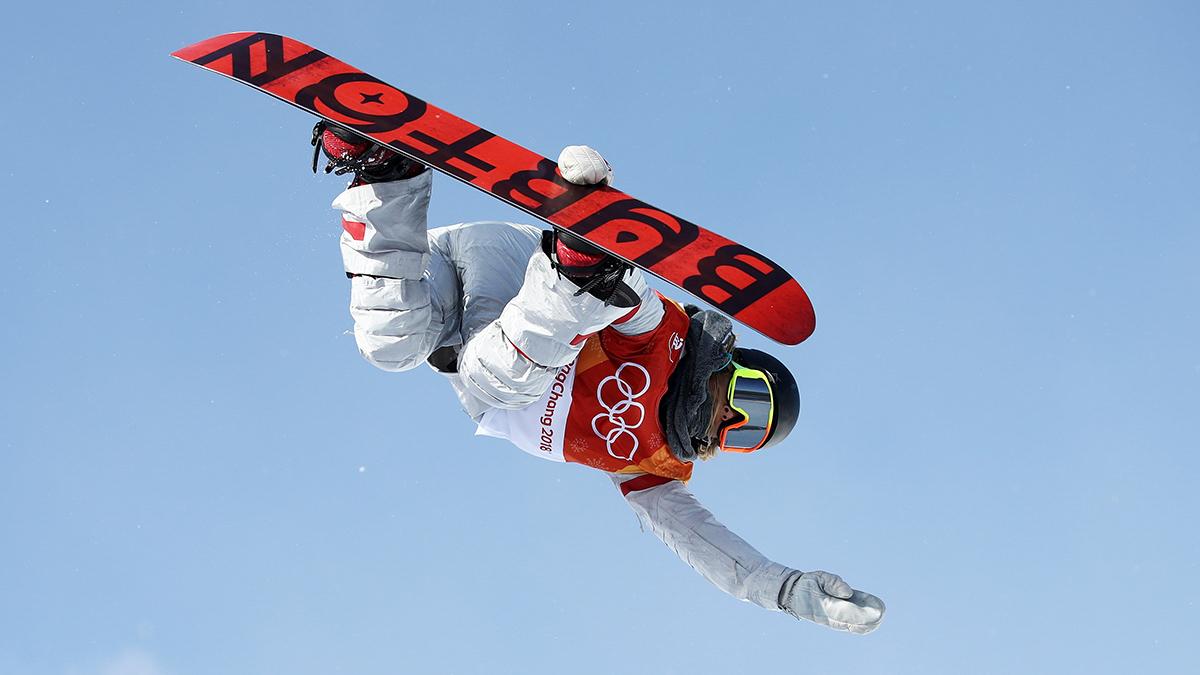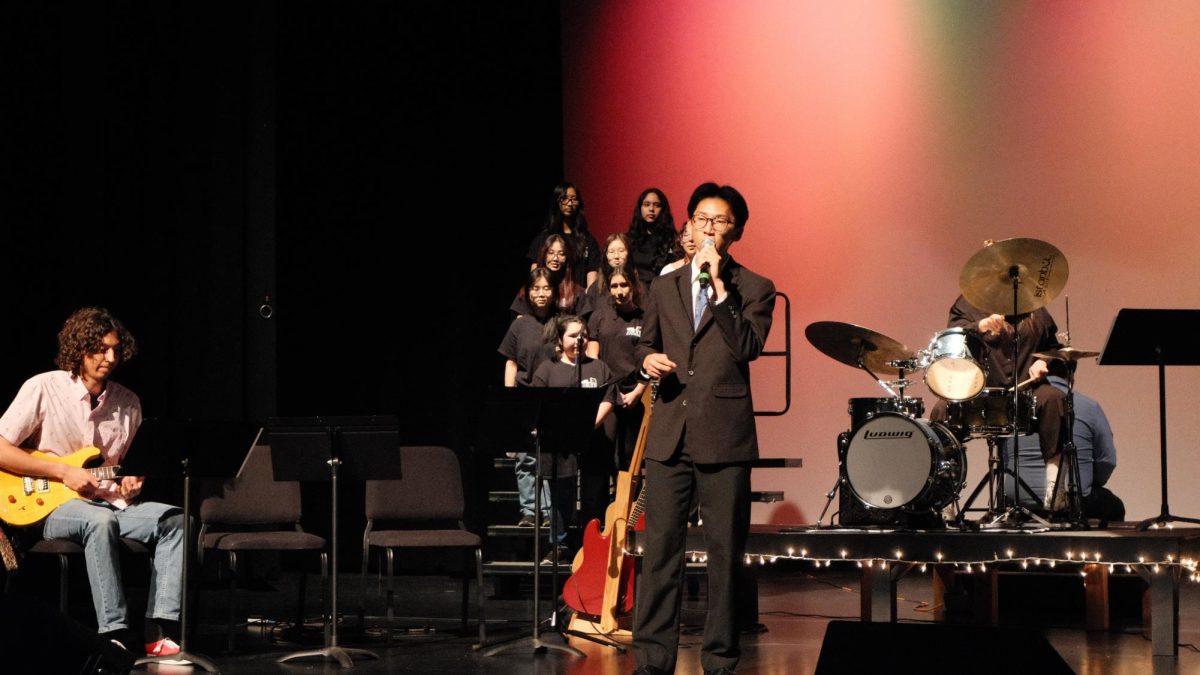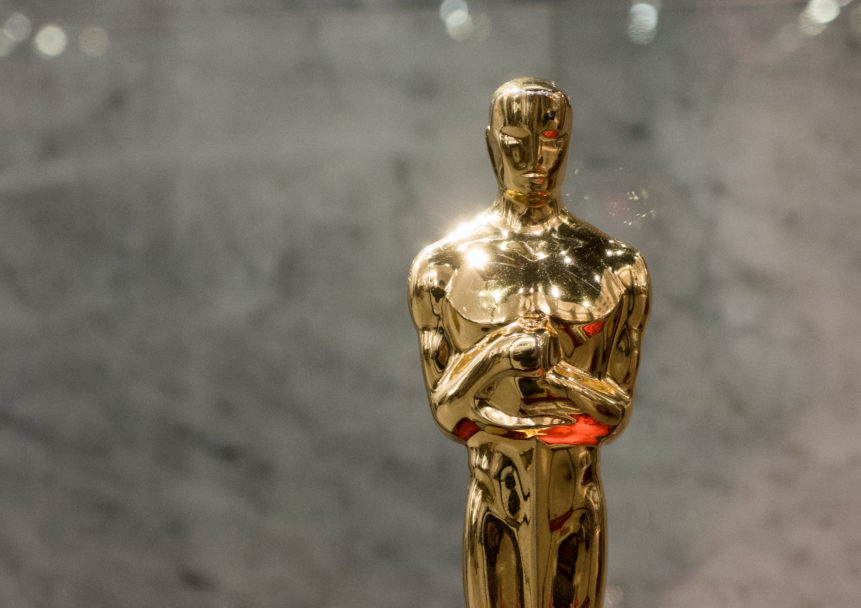By Sophia Pu | Staff writer

At only 21 years old, snowboarder Chloe Kim is herstory in the making.
On Feb. 9, Kim won her second Olympic gold in women’s snowboard halfpipe at the Winter Olympics in Beijing.
A second-generation Korean American, Kim was raised in Torrance, California and started snowboarding at four years old. From ages eight to ten, she trained in Geneva, Switzerland, making her fluent in French, Korean, and English.
Kim was 15 years old when she started shattering records. At the 2016 X Games, she became the first person to win back-to-back gold and the first person under 16 to earn two gold medals. At the U.S. Snowboarding Grand Prix, she established herself as the first woman to land back-to-back 1080 spins and the only person besides Shaun White to score a full 100 points. And at the Winter Youth Olympic Games that year, she rose as the first American woman to win a gold medal in snowboarding.
It was at the 2018 Winter Olympics, however, that the world came to know Kim’s name. Beating the competition by almost ten points, she became the youngest woman to win Olympic gold in snowboard halfpipe.

Though she was no stranger to victory, the fame and hate that came with it turned her life upside down. Kim and her family could not even go out to eat without being stared at and asked for pictures.
“I just wanted a day where I was left alone,” Kim explained to Time magazine. “I appreciate that everyone loves and supports me, but I just wish people could understand what I was going through… I just had the most exhausting two months of my life, and the minute I get home I’m getting hassled.”
Kim’s struggle with the pressure of celebritydom, neverending vicious jealousy, and the desire to live a normal teenage life was what led her to starting therapy.
“Speaking to a professional once a week has completely changed my life and the way I see things,” she told Time. “It’s brought a lot of peace to my life, so I want everyone to have that same experience that I did.”
Post-Olympic depression is something that many athletes face, but for Kim, it was multiplied by anti-Asian hate.
From the very beginning of her success, Kim quickly realized how isolated she was as one of the only minorities in her sport. After winning a silver medal at the X Games at 13, she got shot down and told to go back to China.
“I ended up crying myself to sleep on the best night of my life,” Kim described to Time. “At that point, you’re like, ‘O.K., who can I turn to? Who has probably dealt with this before?’ I would constantly look for anyone. But there was no one.”
After her 2018 Olympic gold, Kim faced an endless barrage of racist messages on social media. In an interview with ESPN journalist Alyssa Roenigk, she described getting messages like “You dumb Asian b****. Kiss my a**.”
Kim’s decision to speak out about mental health and Asian hate has empowered athletes, women, and Asians alike. With her immaculate 1080 spins and more tricks sure to come, she is raising the bar for snowboarders and giving young women across the globe someone to look up to.






